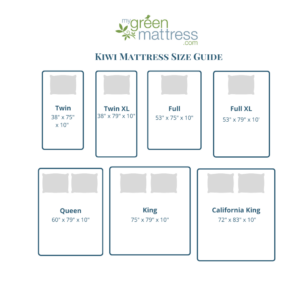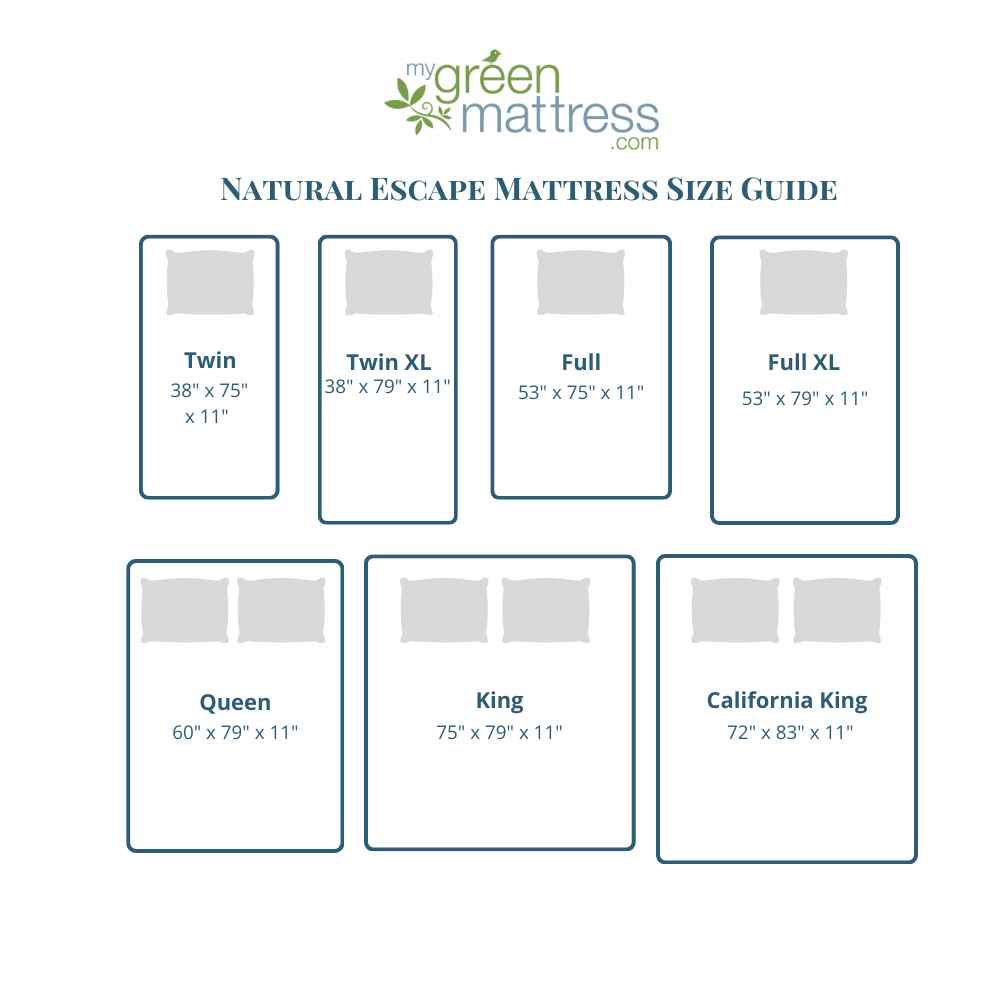Busy family schedules have made it more challenging than ever to help our kids get their best sleep. What can we do with the time we have to ensure our kids are rested?
Understand the Importance of Sleep
Sleep is as important as nutrition for growing bodies and developing minds. A WebMD article reports that well-rested children are more likely to be alert and clalm, which will allow them to interact with the world in healthier, more positive ways. Conversely, chronically sleep-deprived children are more likely to lack focus and be more impulsive. On the positive side, proper sleep has been linked to strong immune system functioning, motor coordination, and growth.
Develop Daytime Habits that Lead to Better Sleep
Exercise is one of the best daytime habits we can incorporate into our lives to positively impact sleep. Research suggests that even short bursts of physical activity can help us get the sleep we need by helping to regulate our sleep-wake cycle. In short, exercise warms our bodies. The subsequent post-workout cool-down, dropping our temperature slightly, helps chemically trigger sleepiness, naturally.
Pre-Bedtime Bathing
A warm bath or shower can create a warm-up and cool-down effect similar to that of exercise. Exercising and then bathing a couple hours before heading to bed is a great way to make maximum use of this effect.
A Bedtime Routine
Kids thrive on routine. Having a bedtime routine can help kids feel calmer and help tired parents not feel like they have to reinvent the wheel each night as they try to get the kids to bed. Routines need not take an hour, and they need not be overly fussy. Find something quiet and calming that works for your family. Here are some simple ideas for bedtime:
- read a story together
- lullabies
- say “goodnight” to things in the room, and to each other
- hugs and kisses
- Yoga is a great way to calm the mind and gently stretch the body
Setting Limits on Technology
A growing body of research tells us that the light from electronic devices negatively impacts sleep. The light suppresses the body’s production of melatonin, a sleep-promoting hormone, which adversely affects circadian rhythms and the ability to reach deep, restorative levels of sleep. Since children are more sensitive to light than adults, they are more profoundly impacted by electronic sources of light. This, alone, gives us justification for banning technology from the bedroom. Keep chargers in a common area, and make bedtime charging time.
Sleep Help for Special Situations
Beyond the simple fixes of white noise machines for noisy neighborhoods and dim night lights for fear of the dark, some kids really struggle to fall asleep. If your child struggles with insomnia, progressive relaxation, a mindful exercise that involves tensing, then relaxing, various groups of muscles, has been proven to be effective.
Further, household allergens can severely impact sleep. For kids who struggle with respiratory issues or skin allergies, consider air quality, sleepwear, and bedding. Our line of mattresses, made from natural and organic materials, has helped our family, and it can help yours as well. You can read the story of our owner’s family regarding this issue that sparked the development of the My Green Mattress line.
Helping Kids to Help Themselves
When they are old enough, talk with your kids about self-care, including sleep. Tell them how much sleep they need, and why you care so much about them being rested. Not sure where to start? Click here for an article you can share with your kids about the importance of sleep. Don’t forget to model good sleep habits yourself; being intentional about getting enough sleep can help your whole household stay well-rested.









